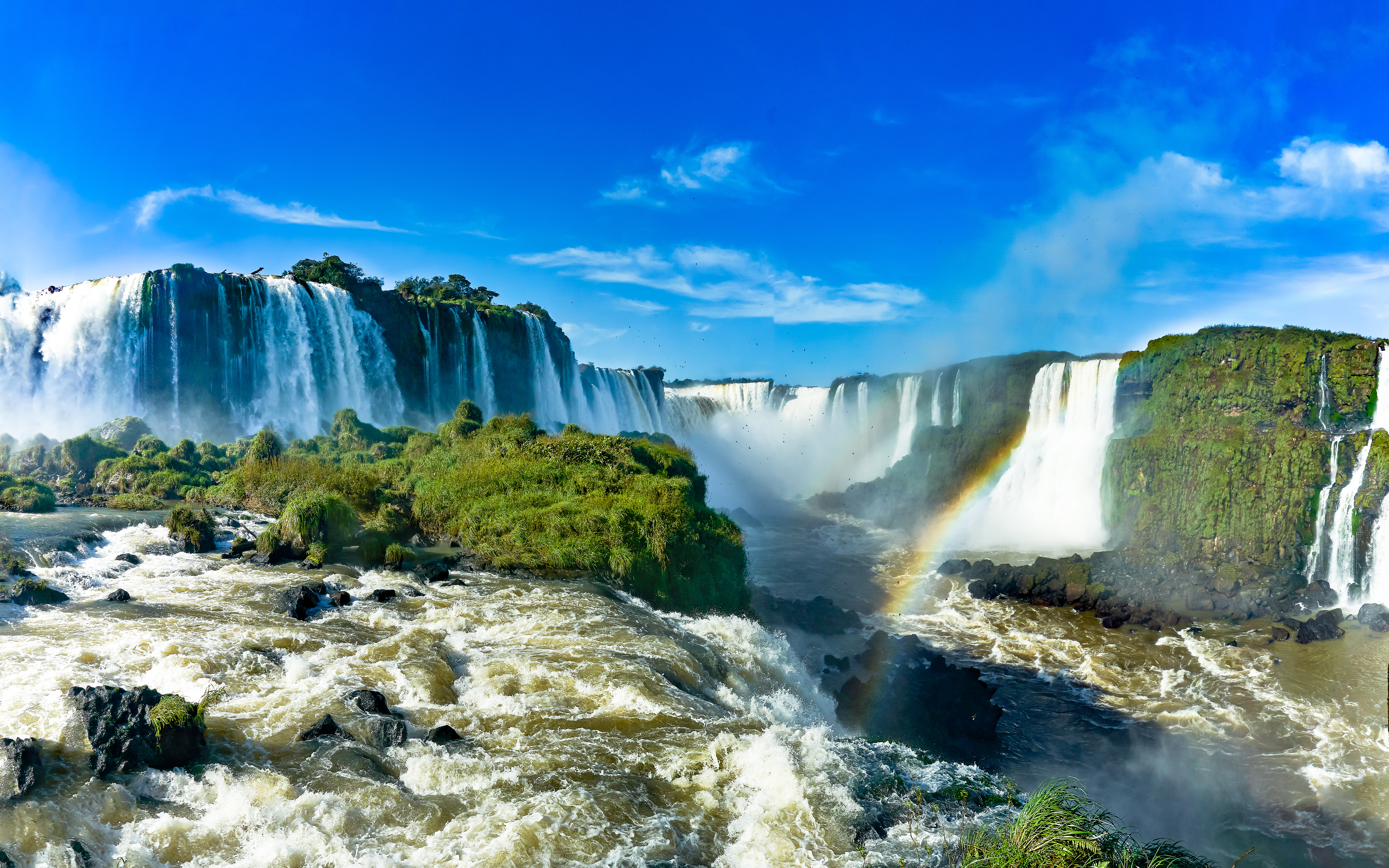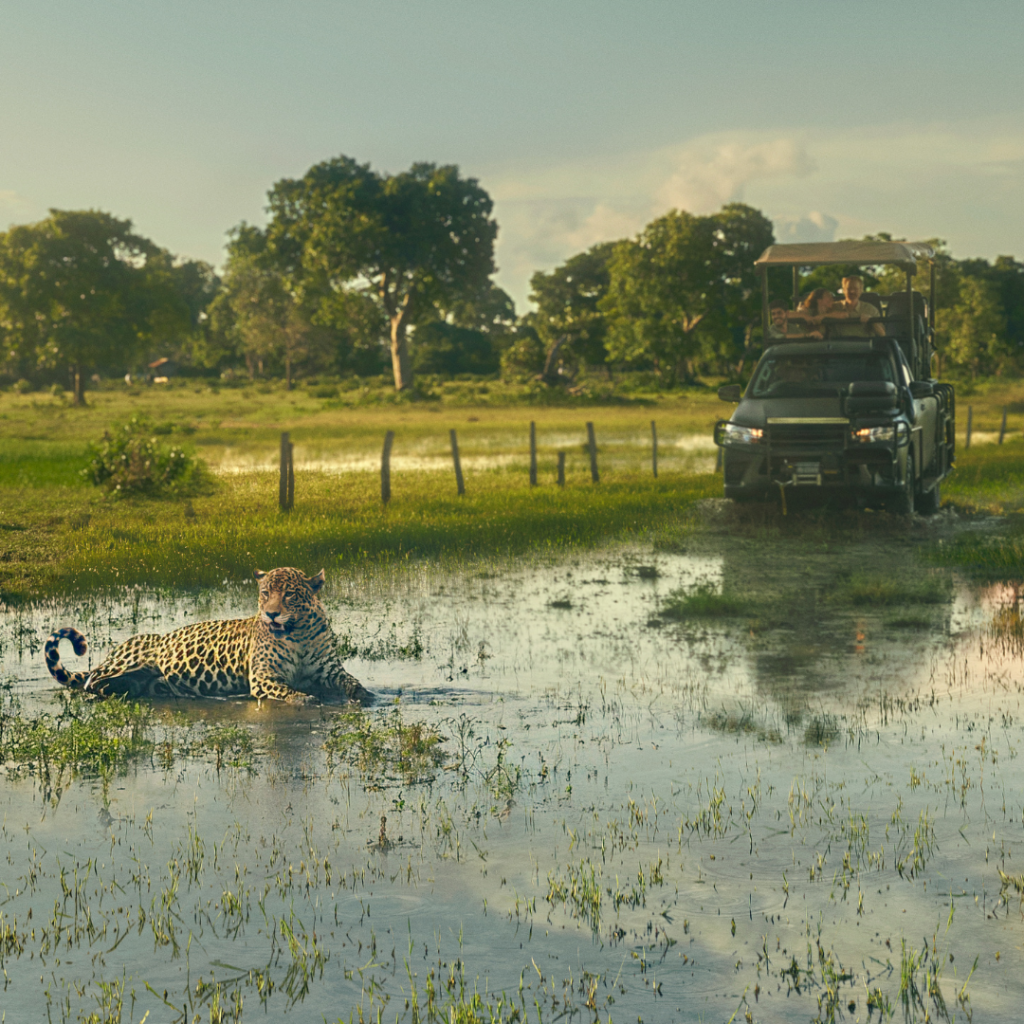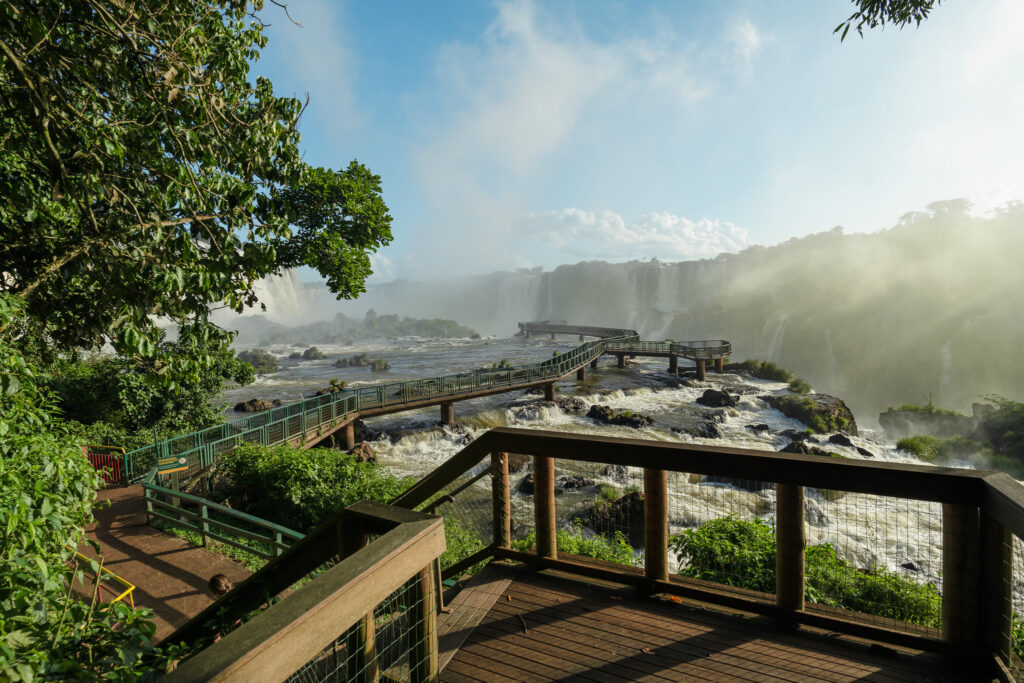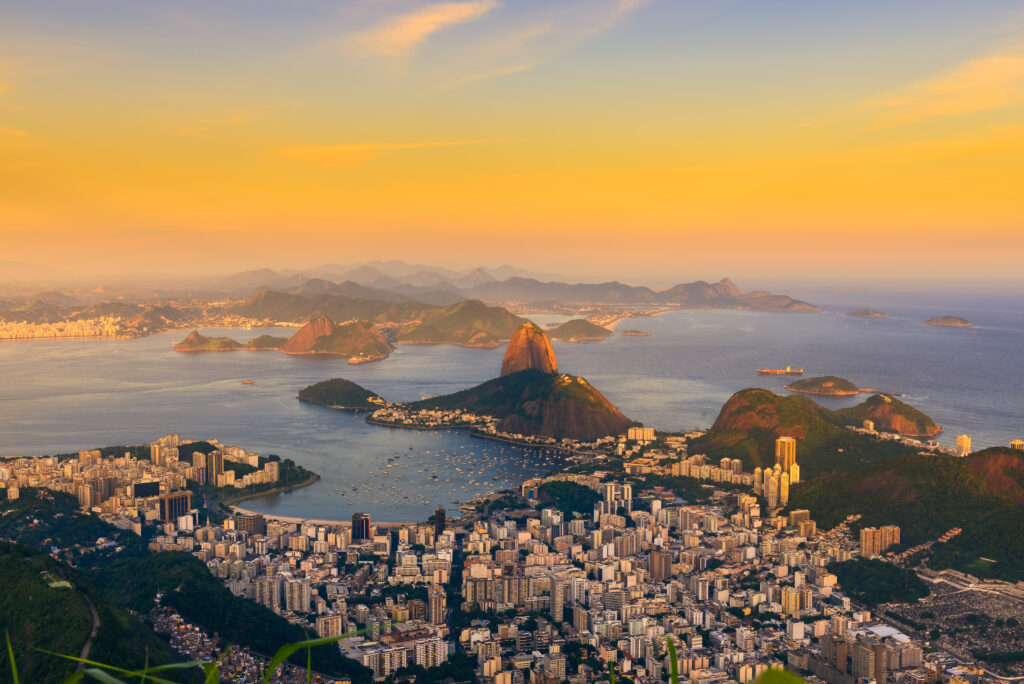
Brazil: A beacon of sustainable tourism for the future
By VisitBrasil
Brazil, with its vibrant landscapes and rich cultural tapestry, stands at the forefront of sustainable tourism. As sustainability evolves from not just a value but a necessity in travel, Brazil offers a compelling case study in how tourism can be both enriching and environmentally responsible. From the Amazon to the coast, it invites travelers to explore wild landscapes, layered stories, and resilient communities, proving that tourism and nature can not only coexist but also benefit from each other.
The Pantanal: A biodiversity heaven
Imagine yourself exploring the Pantanal, the world’s largest tropical wetland where biodiversity flourishes in every corner, and yet remains one of South America’s best-kept secrets. This UNESCO World Heritage site, listed by TIME magazine as one of the world’s 50 extraordinary places, is home to thousands of species, including capybaras, jaguars, and unique birds like the hyacinth macaw. The Pantanal is a crucial habitat that reminds us of the delicate balance we must maintain with nature and a living example of what happens when tourism supports both a place and its people.
A growing number of travelers are choosing to stay on ranches deep within the region. Reaching them is an adventure via dirt roads or light aircraft, but once there the immersion begins.
At these “fazendas”, days begin with the traditional quebra-torto (a hearty ranch-style breakfast) and unfold into horseback rides with local cowboys, nature walks with researchers, and evenings under starlit skies far from city light.
One of the most popular activities is the photo safari, where guests explore the wetlands by 4×4 pickups alongside expert guides. These experiences are designed to minimize wildlife interference, allowing visitors to observe animals in their natural habitat. Here, conservation and tourism are not just compatible; they’re mutually reinforcing.
These are glimpses into a way of life shaped by resilience and reverence for the land. Peões (local cowboys) demonstrate their skilled cattle handling. Scientists from international institutions quietly track endangered species like the giant anteater and tapir, inviting guests to witness conservation science in action. This is tourism that regenerates: funding research, preserving culture, and creating local income. It shows how conservation and tourism, when aligned, can benefit both people and the planet.

Foz do Iguaçu: Nature’s Power Unleashed
Then there’s Foz do Iguaçu, home to one of the world’s most stunning natural spectacles: the Iguaçu Falls. A UNESCO site set within protected Atlantic Forest, the park is home to over 400 bird species, monkeys, orchids, and even jaguars.
To feel its true power, one must go beyond the overlook. The Macuco Safari invites travelers to explore deeper: a ride through the forest in electric carts, a short hike along shaded trails, and finally, a boat ride to the base of the falls. For the adventurous ones, the boat enters the spray; for others, a drier route delivers the same wonder from a distance.
More than adrenaline, the experience promotes connection. Local guides share knowledge about flora, fauna, and the cultural importance of the falls to Indigenous communities. The tour follows strict environmental regulations, ensuring that the impact is low and the learning is high.
Supporting such experiences helps conserve the forest and empowers those who protect it, ensuring this wonder endures for generations.

Rio de Janeiro: Where Culture and Nature Intertwine
And we can’t forget the vibrant culture and natural beauty of Rio de Janeiro. From the iconic Christ the Redeemer statue to the lush greenery of Tijuca National Park, Rio embodies a unique blend of urban life and nature. The city is a melting pot of cultures, and sustainable tourism here encourages visitors to engage with local communities in meaningful ways.
One important aspect of sustainable tourism in Rio is Black heritage tourism, which celebrates the rich history and contributions of Afro-Brazilian culture. A standout experience is the Feel Brasil Little Africa tour, which takes visitors through the historic “Little Africa” district, an area deeply connected to Brazil’s African diaspora. Through guided storytelling and immersive visits to landmarks such as Pedra do Sal, Cais do Valongo (a UNESCO World Heritage site), and local art galleries, travelers gain a deeper understanding of the resilience and cultural legacy of Afro-Brazilians.
In addition to Little Africa, exploring neighborhoods like Santa Teresa and visiting cultural institutions offers further opportunities to learn about the historical significance of the African presence in Brazil. Supporting local artisans, musicians, and chefs along these routes not only enriches the travel experience but also fosters a sense of responsibility towards preserving these cultural treasures.
This type of cultural engagement promotes a more inclusive narrative about Brazil’s history, highlighting the importance of understanding and respecting diverse backgrounds. By participating in Black heritage tourism experiences like Feel Brasil Little Africa, visitors contribute to the empowerment of local communities, ensuring that their stories are told, honored, and celebrated.

Toward a thoughtful way to travel
In Brazil, nature and culture don’t just coexist, they shape one another. Whether you’re riding through the wetlands of the Pantanal, tracing forest paths to the foot of Iguaçu Falls, or walking the hills of Rio de Janeiro where samba echoes and stories of Afro-Brazilian heritage unfold, each encounter reveals something deeper. The country’s diverse ecosystems and rich cultural heritage remind us that nature and humanity are interconnected.
These are not destinations built for mass tourism, but living places shaped by rhythm, resilience, and memory. Sustainability here lives in the hands of local guides, in community pride, and in the quiet commitment to protect what matters. Every traveler has the power to make a difference, and by choosing sustainable options, we can support the preservation of our planet.
In conclusion, Brazil serves as a compelling case study in how tourism can foster environmental and cultural sustainability. By embracing responsible tourism practices, we can protect the beauty of our world while enriching our own lives through meaningful experiences. Let’s champion sustainable tourism together and ensure that the wonders of Brazil are preserved for generations to come.
If you work in the travel trade and want to deepen your knowledge of Brazil’s diverse regions and sustainable experiences, become a certified Brasil Travel Specialist through VisitBrasil’s official program:
👉 www.brasiltravelspecialist.com
VisitBrasil
Posted in:






